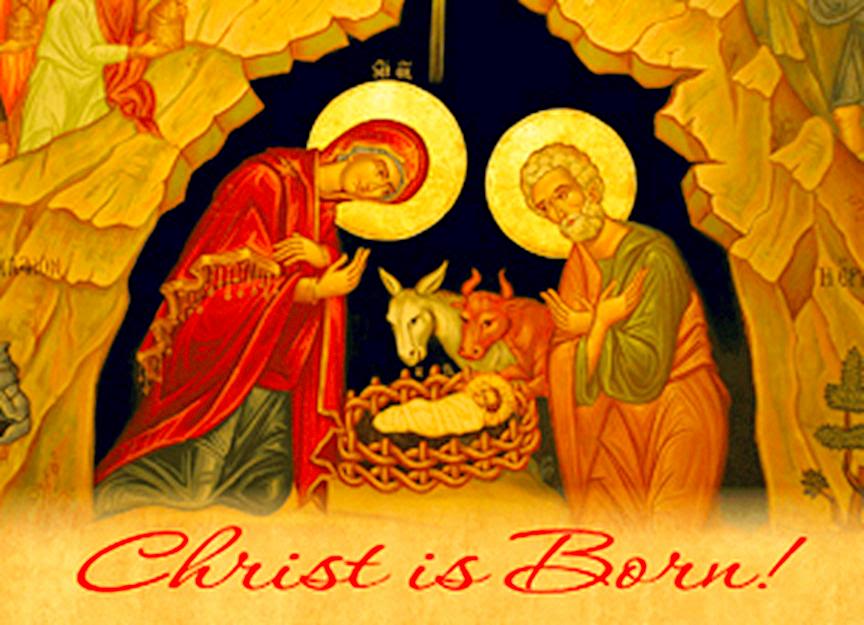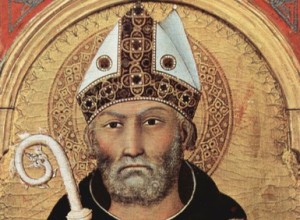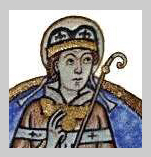The Scholastics were Christian thinkers who tried to understand and explain Christian doctrines in the light of ancient Greek philosophy. The Christian tinkers who lived in the first few centuries after the birth of Christ were known as “Church Fathers”. Scholasticism dominated Western philosophy for hundreds of years.
St Augustine was born in North Africa and studied in Italy. He was much influenced by Plato’s ideas. Augustine sought to combine his Christian faith with reason. He thought that understanding is a reward of faith. He believed that the human soul holds latent within it certain ultimate and eternal truths.
Augustine was very interested in the nature of time. He said that time began for us when God created the world. This posed the question of God’s existence before time. Augustine’s answer was that God dwelt in an eternal present, outside earthly time.
This led Augustine to the theory that “now” is all that really exists. The past is a present memory, and the future is a present expectations. This view allowed Augustine to stress the importance of what people are doing for God, not what they will do.
This led Augustine to the theory that “now” is all that really exists. The past is a present memory, and the future is a present expectations. This view allowed Augustine to stress the importance of what people are doing for God, not what they will do.
St Anselm started the trend in Scholastic philosophy to try to prove the existence of God through rational argument.
Anselm, who became the Archbishop of Canterbury, invented several different proofs of God’s existence. The most famous is called the “ontological argument“, which he said came to him in a vision after breakfast. The reasoning behind God’s existence is this: God is the greatest object of thought. If we say that God does not exist, then we can imagine something even greater — a God that does exist. Therefore God must exist. This argument was accepted over the centuries by many different philosophers, including Descartes, who came up with his own version.
Thomas Aquinas rubbished Anselm’s “ontological argument”. Among other things, he argued that it was beyond human reason to know the essence of God. Instead he came up with five proofs of his own to show that God exists. The first proof is that change is everywhere, so something must cause it. (It must be God.) The second proof is that things happen, so there must be a cause. (God who is the first cause, must cause things to happen.) The third proof is that everything in nature is interdependent. (How can this be explained without coming to the conclusion that there is a god who is independent of nature?) The fourth proof is the question of harmony in nature. For instance, who gives fish their gills so they can breathe in water? (Only God could do this.) The fifth proof is the degrees of excellence that can be observed in nature. (This implies the notion of perfection and therefore a perfect being — God.) Aquinas set down these proofs in his book “Summa Contra Gentiles” (Against the Errors of Infidels), the first of two massive volumes that he wrote. The intention of this first book was to prove to non-Christians through reason the importance of being a Christian.



